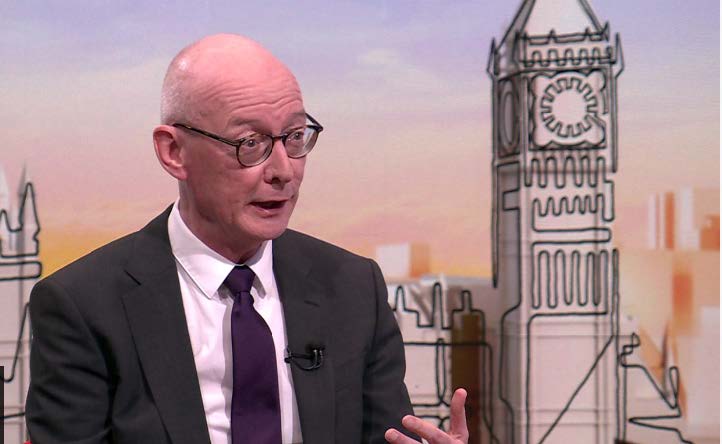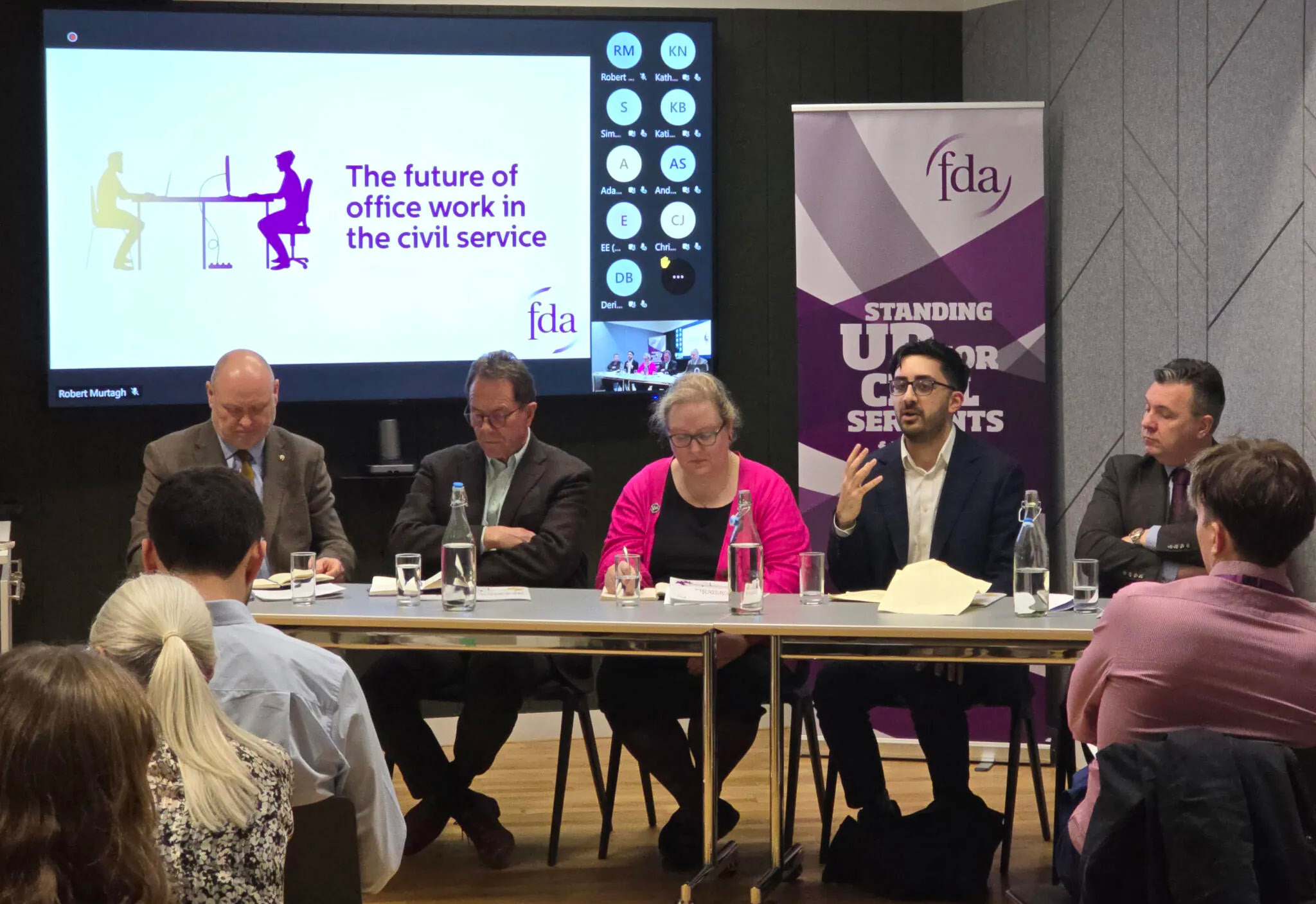Whitehall needs critical friends, not silent partners

The Constitution Unit has just completed the first major study of non-executive board members in Whitehall (commonly known as non-executive directors, or NEDs). Our research, carried out by four former senior civil servants, found that non-executives are high calibre, committed people, whose expertise is greatly valued by the civil service. But NEDs find the role frustrating, and feel they could be much more effective if the system only allowed.
Non-executives were first introduced in the early 1990s, but received a strong boost in 2010, when Cabinet Office minister Francis Maude announced that departmental boards would include at least four NEDs, largely drawn from the commercial private sector. There are now around 80 NEDs in 20 departments.
They are high-calibre people, mainly from business but also other professional backgrounds, and usually very senior in their own fields. They are not in it for the money, or to build a CV; their motivation is one of public service. They contribute a lot more time than they signed up for: on average 45 days a year.
Most NEDs say they make their greatest contribution outside the board. This includes coaching and mentoring, advising on major projects and testing delivery chains. They feel that senior officials greatly value their advice and expertise, their mentoring role and willingness to take on extra tasks. One said: “the most valuable role I play is as a sounding board for senior civil servants”.
But NEDs expressed less satisfaction with the central part of their role, as board members. Few Whitehall boards are said to be working well, and NEDs say ministers fail to understand their purpose, dislike challenge, and find it hard to set priorities – especially if that involves dropping things to make way for new projects. Typical of NEDs’ responses was this terse comment: “Most helpful = support of the Perm Sec. Absent = input of the SoS”.
NEDs easily find affinity with Permanent Secretaries, with shared interests in leadership, management and delivery. But the key relationship is between the lead NED and ministers, whose trust and respect they need to gain. This takes time, and is not helped by recent high ministerial turnover as a result of the reshuffles after the 2015 and 2017 elections – and another in January 2018, which saw five new Secretaries of State.
The single departmental plan (SDP) is the vehicle for ensuring realistic planning is matched to resources. Framing and managing SDPs should oblige ministers to decide which projects to shed or downgrade. NEDs are closely involved, but there is still some reluctance to challenge ministers’ wish to do everything, and point out the consequential risks of overstretch. NEDs could have a greater role, alongside Permanent Secretaries’ duties as accounting officers, to seek ministerial directions before proceeding with programmes which are not feasible or offer poor value for money.
Out study found that NEDs are full of admiration for civil servants, and their strongest criticism is reserved for ministers. But some NEDs felt civil servants could be bolder with ministers. One commented: “I thought the Permanent Secretary should tell the Secretary of State that this course ought not to be followed. It is surprising there are not many more Accounting Officer minutes requesting directions.” NEDs feel Permanent Secretaries could also be firmer with new Secretaries of State in explaining the role of the departmental board, and ensuring rigorous annual evaluation of board performance.
Many NEDs would like to be more involved more in policy making. “There’s absolutely no point in having wonderful policies that can’t be executed, and there’s no point in executing daft policies,” one said. Formally, NEDs are meant to advise only on implementation; but civil servants will often find them willing partners in policy making if they are willing to involve them.
A familiar refrain in our interviews was that the role of NEDs is too vague and needs clarifying. But when we probed this, and asked whether clarification means codification, we found no wish for NEDs to have more formal powers. They prefer soft power to hard power.
The only powers available to NEDs are those of persuasion and publicity. Because of the crucial need to build relationships of trust with ministers and senior officials, they have understandably been reluctant to go public. Their central concern is overload, now exacerbated by Brexit. But as Whitehall confronts the immense challenges of Brexit, non-executives may need to come out of the closet. They do the civil service and themselves no favours if they remain too silent for too long.
Related News
-

Meaningful reform
It’s time to lead the civil service, not just the morning news round, says Dave Penman.
-

Hybrid working: Led by evidence, not headlines
Tom Nathan shares the findings and recommendations of the FDA’s recent report on ‘The future of office working in the civil service’.
-

FDA attends TUC Young Workers’ 2025
This March, an FDA delegation attended the annual TUC Young Workers’ Conference in Congress House, London.